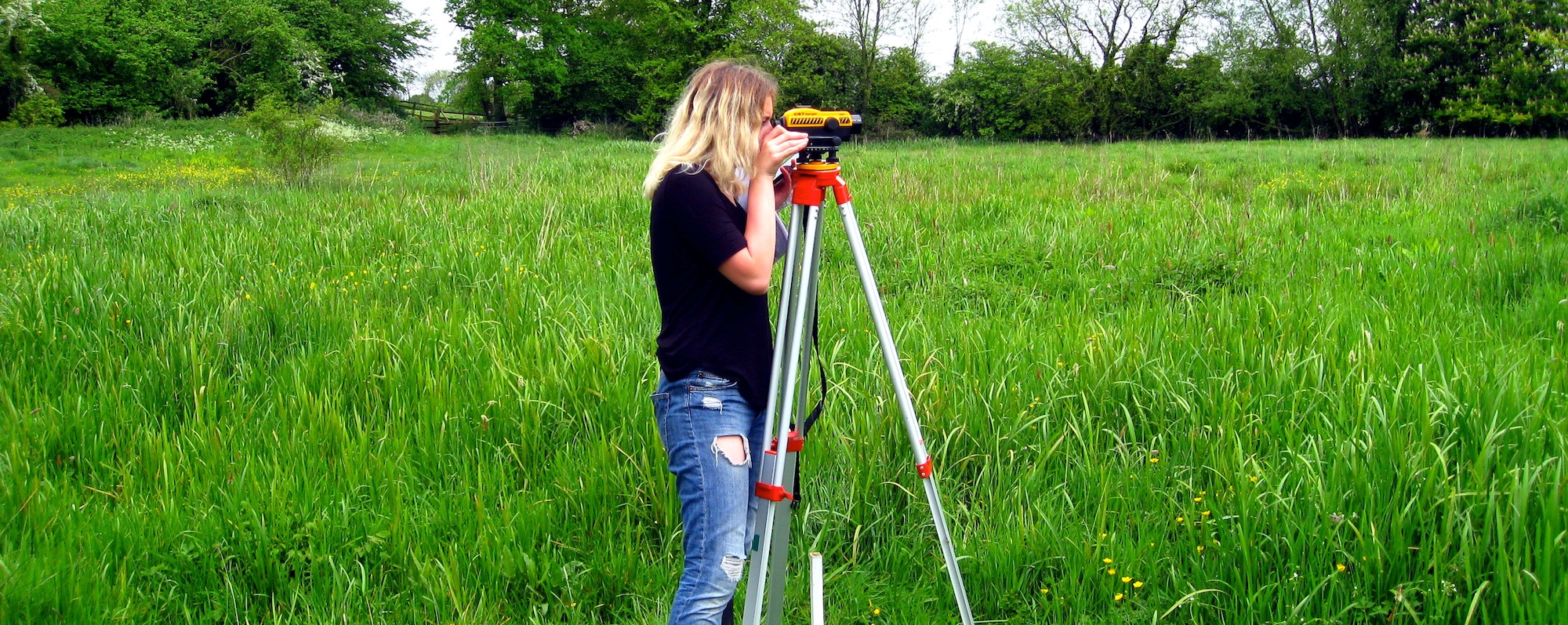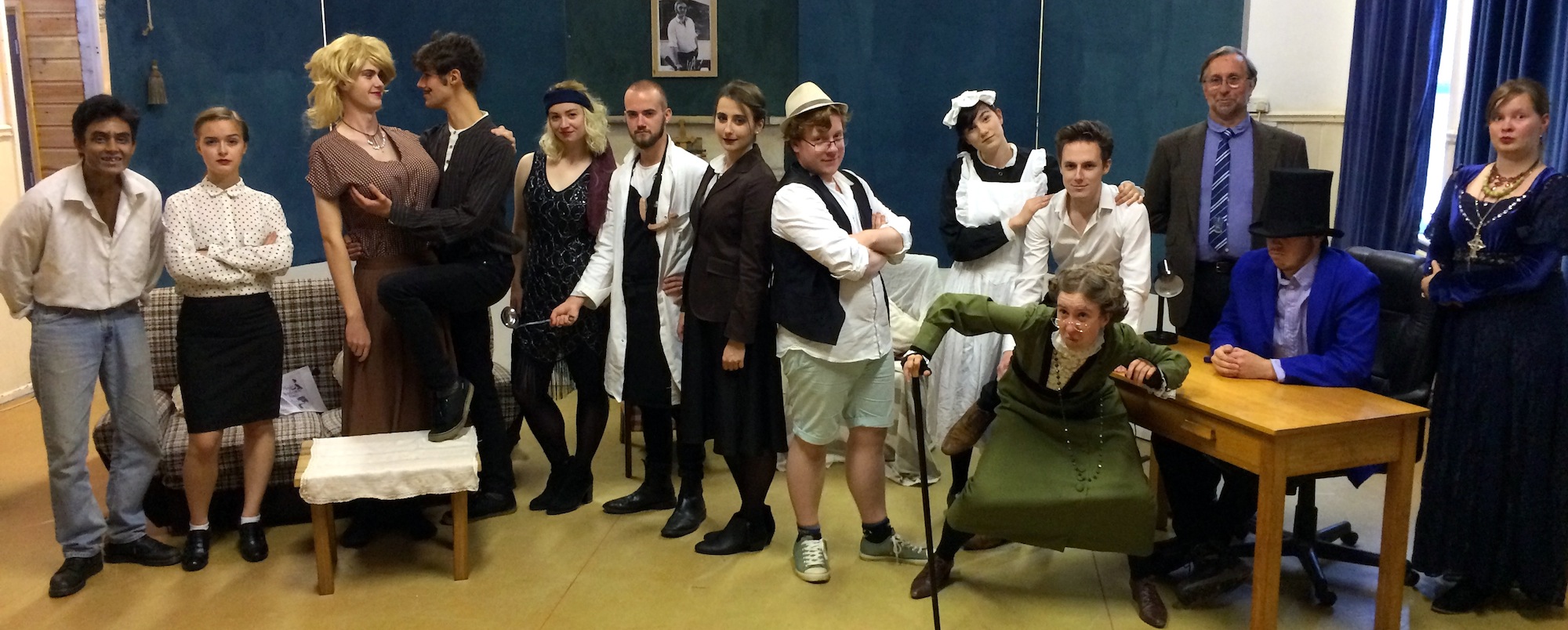Quick Facts about the New Zealand Certificate of Steiner Education (NZCSE)……… formerly called the Steiner School Certificate (SSC)
What Qualification does the School offer?
Norwich Steiner School is at the forefront of developing the New Zealand Certificate of Steiner Education in the UK. The NZCSE is a Level 3 Qualification, on a par with A Levels and the International Baccalaureate, but with a creative and flexible approach to teaching and assessment.
The video below provides examples of some of the many different assessment methods that the school is able to utilise with the NZCSE.
How is it different from GCSEs and A Levels?
The NZCSE overlays our broad and rich Steiner-Waldorf upper school curriculum, and this enables our students to gain their qualification without having to study separately for GCSEs or A Levels.
The Certificate has three levels, which the students complete as they move through upper school, gathering points as they go. Assessment is continuous, using a variety of methods, and is designed to provide evidence of the learning that has taken place. It is not at all like an A level where students work all year and then either pass or fail a series of exams. Students have told us that their mental health benefits from this method as it avoids the stress of end-of-year exams. They always know how they are doing, and are able to plan their work to take full advantage of the points on offer. It is a very practical qualification in terms of how it is structured, and if students drop points (for example, through illness) there are opportunities to pick them up later from another piece of work.
How long does it take to get the Certificate?
Pupils may register for the NZCSE when they are in class 10/11 (age 15/16). It takes three years of study the gain the Qualification and each year equates to one of three levels of the qualification. Pupils have to gain a Level 1 Certificate before they can register for Level 2, and in the final year they register for Level 3. Parents and pupils can learn more about the Certificate and how it is structured here.
What do the students study?
The broad upper school curriculum includes art, craft, music, drama, maths, science, social science, English, movement and a second language.
All students participate in subjects across the entire breadth of the curriculum until Level 3, in the final year, when in addition to studying a core curriculum of English and humanities, maths and science, arts and crafts, and the class 12 project, they choose 3 specialist subjects. In this way every student is able to gain a unique qualification which reflects their own interests and strengths, as well as continuing to develop skills in other areas.
Can pupils join part-way through the Qualification?
Although the general expectation is that pupils will do all three years, with each year’s achievements being the foundation for the next, it is possible for pupils from other schools to join part way through, if they have achieved comparable standards of work elsewhere.
Are the students able to get into university without taking A Levels?
Yes. The Certificate is recognised by universities in the UK and across Europe, and we have been met with positivity from UK universities. All pupils from the 2017 and 2019 cohorts of school leavers received multiple offers, including from universities that form part of the prestigious Russell Group. Pupils from our 2021 cohort have largely taken a gap year with four going to university straight from school and an additional 10 in process at the time of update, for a September 2022 start. Please visit our Alumni page to see where our students have been offered places.
Do students have to take the qualification?
We can support students who want to go on to higher education but do not wish to pursue the Certificate, in developing a portfolio of independent work in their chosen area of study; quite possibly to a standard more commonly seen in the first year of a relevant degree course than in the work of a pupil of sixth form age. For students wishing to follow a more vocational pathway, or perhaps learn a trade, more of an emphasis would be placed on developing good practical skills and accessing a range of relevant work placements.
What do the students think?
‘In mainstream schools it feels like they are attacking you with qualifications. Here the teachers support you through to gain the qualification.’’
‘We do just as much work as students taking A levels, but I enjoy it more. I know that if I put the work in I will get the marks that I need. And I don’t have to freak out worrying about whether I am going to pass an exam at the end. We are not panicking, not spending our time memorizing information.’
‘Here there is no pressure. I am glad I came. At other schools they think that if you are not under pressure you are not learning, but that is not true.’


